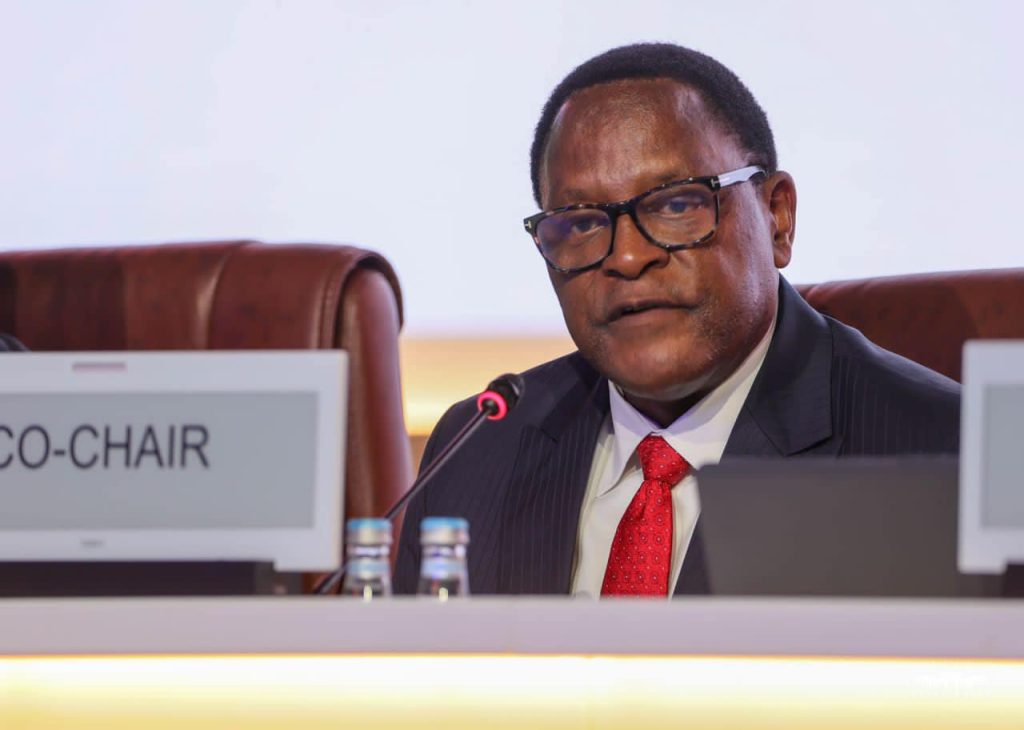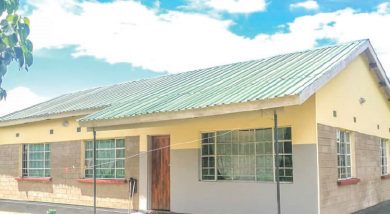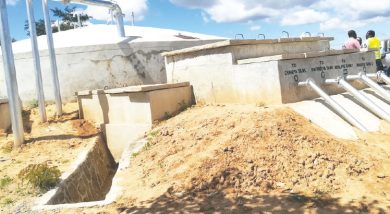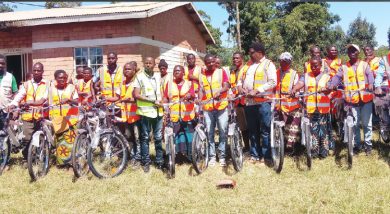Chakwera lauds Qatar for K600bn LDCs’ boost
President Lazarus Chakwera has commended Qatar for providing $600 million (about K600 billion) to help low-income countries, including Malawi, beat poverty.
Prince of Qatar Amir Sheikh Tamim bin Hamad Al-Thani announced the financial contribution at the ongoing Fifth United Nations Conference on Least Developed Countries (LDC) in Doha.

Chakwera, who is chairperson of the once-in-a-decade meeting postponed in 2021 due to Covid-19 restrictions, rallied wealthy nations and development actors to follow the host nation’s example by supporting the LDCs’ Doha Programme of Action.
“I am confident that our development partners will respond with the required technical and financial support in the same way that the State of Qatar did,” he said.
The group of the world’s 46 poorest countries adopted the Doha Programme of Action for sustainable graduation from potential to prosperity at the UN Headquarters in New York last year.
The blueprint provides for the establishment of an online university for all LDCs to boost access to education and life-changing skills for all and a common food reserve to reduce hunger and skyrocketing food prices.
It also creates a special fund for graduating nations to lessen the impact of lost aid.
The President said the weakest economies that are often hit the hardest by problems fuelled by wealthy nations require further support for the implementation of the Doha action plan.
Qatar’s pledge sets the tone for rich nations to support the LDCs’ growth and build their resilience to global shocks, including climate change, the Covid-19 pandemic and the war in Ukraine.
Making a first public appearance at the Doha meeting on Saturday, Chakwera hit at wealthy nations’ “broken promises” dating back to 1971 when the UN general assembly created the LDC category to lobby for international support to end poverty.
The unfulfilled commitments include the requirement for rich nations to contribute 0.15 to 0.20 percent of their gross domestic income to Official Development Aid.
UN Secretary General Antonio Guterres hit at the global financial system “designed by wealthy nations to serve only their interests” for giving LDCs “the rawest deal”, in poverty and debt stress with lending rates that are eight times higher than wealthy nations enjoy.
The UN chief called for radical reforms in the biased international lending tendencies, calling for radical reforms in the Bretton Woods, the global financing machinery epitomised by the World Bank and the International Monetary Fund, to prioritise poor countries which need financial support the most.
Bin Hamad Al- Thani announced the financial commitment at the opening of the conference.
He said $10 million from the package will support implementation of the activities of the Doha action plan for the benefit of the LDCs.
The five-point blueprint seeks to remove structural barriers to inclusive growth and sustainable development in the LDCs.
It aims to close gaps in education, food security and investment in support of the 46-nation push to exit the LDC category Chakwera said “no one wants to belong to because no one desires to live in abject poverty”.
Six countries have so far graduated into middle-income economies, starting with Botswana in 1994. Cape Verde followed in 2007, Maldives in 2011, Samoa in 2014, Equatorial Guinea in 2017 and Vanuatu in 2020.
Closer home, Zambia and Angola are among the 16 countries with the potential to graduate before the deadline of the Doha action plan in 2031. Three are certified to exit the unenviable group by 2026. They include Bangladesh which handed over the LDC headship to Malawi, Nepal which takes over after the end of the ongoing summit and the Lao People’s Democratic Republic.





